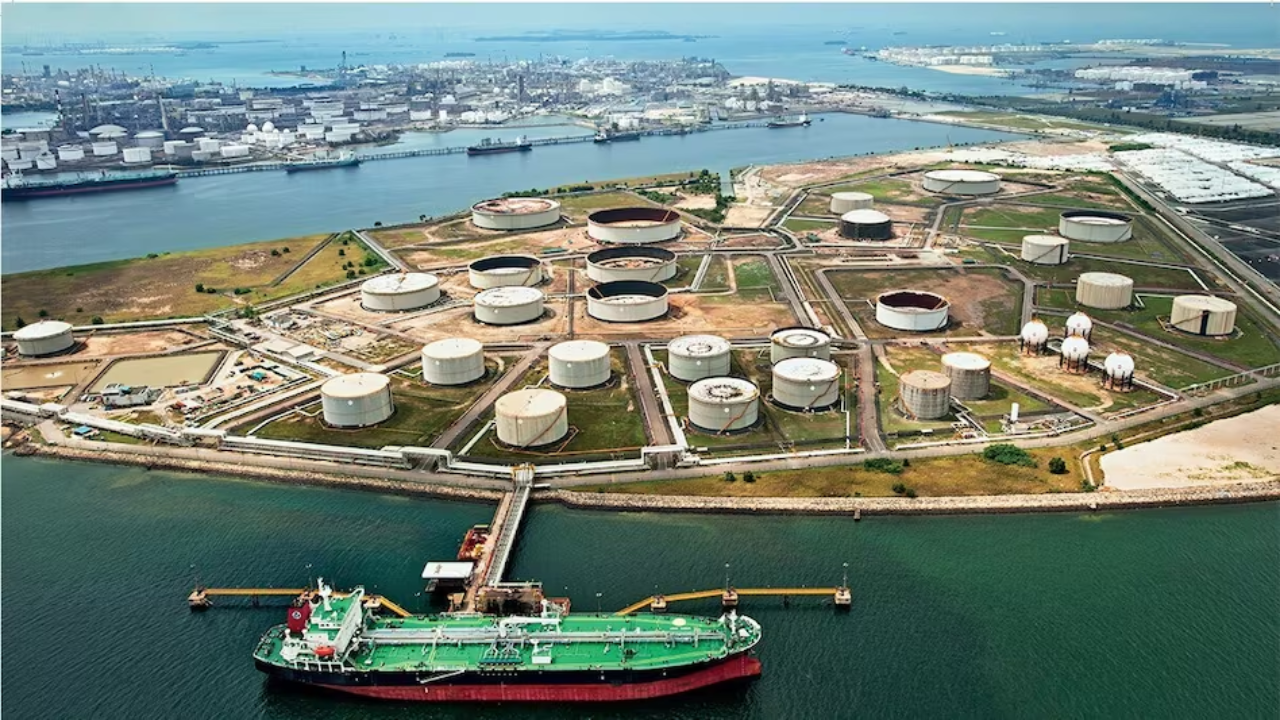Middle East Tensions: A Potential Windfall for Russian Oil?
Thank you for reading this post, don't forget to subscribe!The escalating conflict between Israel and Iran, combined with ongoing threats in the Red Sea, is putting the global oil supply chain on edge. If Iran were to block the Strait of Hormuz and Houthi attacks intensify in the Red Sea, the world’s oil arteries could effectively be choked off. This scenario would send global energy prices soaring, potentially tipping already strained economies into crisis.
Markets have already reacted, with oil and gold prices spiking following Israel’s recent strike on Iran. Brent crude, for instance, surged over 10%. This reflects deep concerns among traders about disruptions to vital energy flows from the Middle East, especially through the Strait of Hormuz, a critical chokepoint for roughly a fifth of the world’s oil.
The situation in the Red Sea further compounds the risk. Houthi attacks since late 2023 have already forced global shipping firms to reroute vessels around Africa, bypassing the Suez Canal—a linchpin of global trade. While a temporary lull in attacks on non-Israeli-linked vessels offered some relief, the latest Israeli strike threatens to shatter this fragile calm.
Against this volatile backdrop, Russia stands to gain. Despite facing Western sanctions and the G7’s $60-per-barrel price cap, a conflict-driven surge in oil prices could provide a significant “adrenaline shot” to Moscow’s energy revenues. Experts suggest this could lift Ural crude prices, which have seen a significant drop recently. Past Middle East unrest has shown a similar pattern, with oil price spikes often benefiting Russia, even as the EU considers further sanctions.
Do you think a prolonged conflict in the Middle East is inevitable, and how might that further impact global energy markets?

















